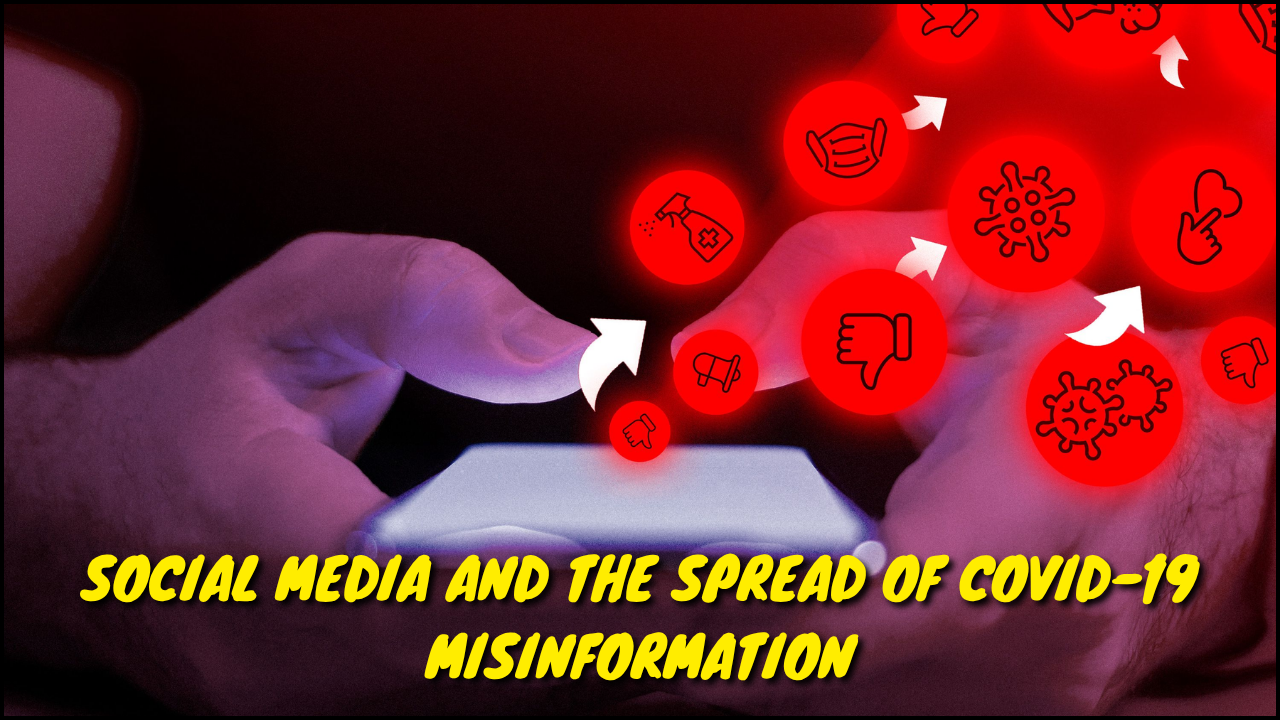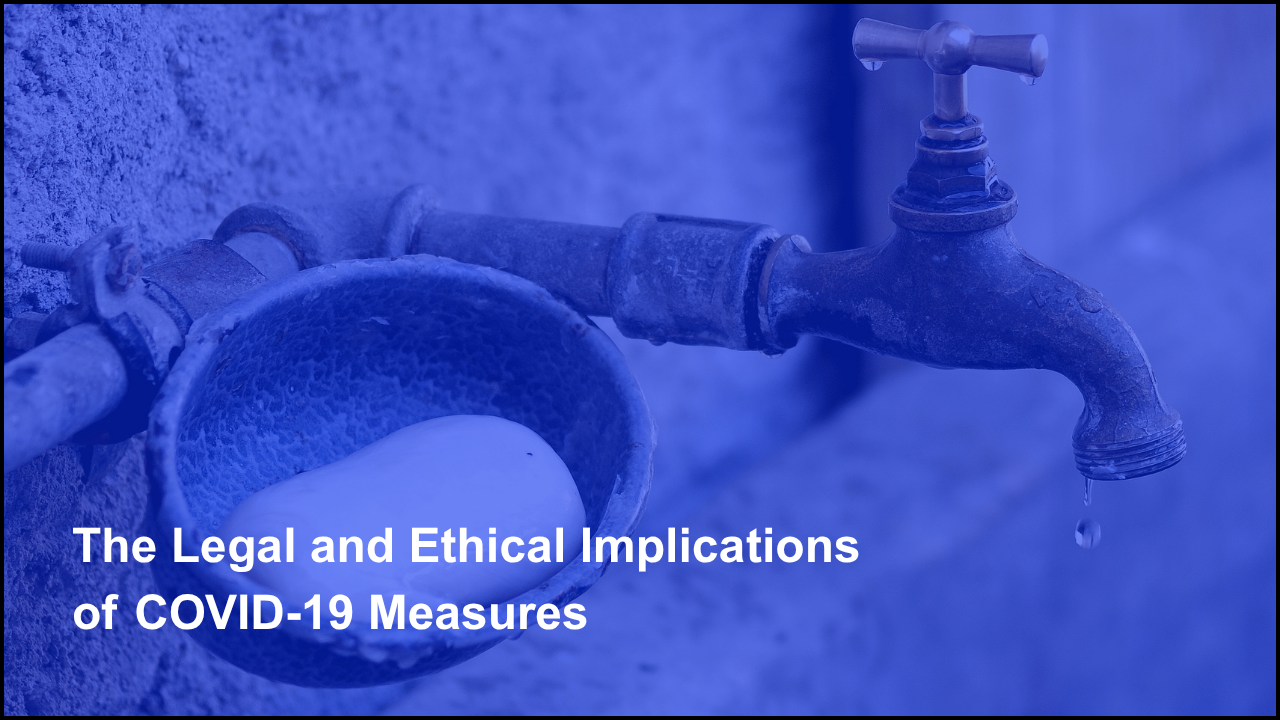
Public health responses have always been shaped by multiple factors, but political ideology has played a particularly significant role in recent decades. Political ideologies—whether conservative, liberal, socialist, libertarian, or centrist—impact how societies view health interventions, trust scientific authorities, and engage in collective actions. Understanding how these beliefs shape behavior is essential for policymakers, researchers, and healthcare leaders who seek to improve health outcomes and promote equity. This article explores the intersections of political thought and public health across various contexts.
Table of Contents
Influence of Political Ideology on Health Policy Support
- Conservative ideologies tend to emphasize personal responsibility, individual freedom, and minimal government intervention.
- Liberal ideologies often support government-funded healthcare systems and collective social responsibility for health.
- Socialist ideologies advocate for universal healthcare access as a basic right.
- Libertarian ideologies resist government mandates and prioritize voluntary choice over centralized directives.
Key Effects on Public Health Attitudes
- Vaccination programs: Political leaning influenced support or resistance to mandatory vaccination.
- Pandemic response: Public trust in health authorities varied significantly by political affiliation.
- Mental health funding: Conservatives often supported privatized services, while liberals promoted state-funded models.
- Public health education: Political ideology impacted the type and frequency of information dissemination.
Public Health Behavior and Political Identity
- Mask wearing, social distancing, and vaccination uptake during the COVID-19 pandemic revealed stark differences based on political alignment.
- Gun control and health: Gun violence was framed either as a public health crisis or a rights issue, depending on ideology.
- Climate change and health: Progressive politics often integrated environmental justice into public health planning.
Key Ideological Positions and Public Health Views
| Political Ideology | Public Health Perspective | Typical Policy Support | Public Behavior Influence |
|---|---|---|---|
| Conservative | Emphasis on personal choice | Opposition to mandates; preference for private care | Low mask use, selective vaccine adoption |
| Liberal | Emphasis on social equity | Support for universal healthcare, strong safety nets | High compliance with health guidelines |
| Socialist | Health as a public good | Strong support for government-run health systems | Collective action, high vaccine uptake |
| Libertarian | Individual freedom prioritized | Resistance to public mandates; minimal regulation | Low trust in health authorities |
| Centrist | Balance of freedoms and safety | Moderate policies, context-specific responses | Mixed compliance and cautious engagement |
Case Study: COVID-19 Pandemic Response
- United States: Partisan divides were evident in mask usage, vaccine mandates, and lockdown compliance.
- Brazil: Populist leadership influenced public perception of virus severity.
- New Zealand: The Progressive government garnered public trust, resulting in high compliance and low transmission.
- India: Regional political ideologies affected local health strategies and citizen cooperation.
Communication of Public Health Messages
- Conservative audiences responded better to health messages emphasizing personal benefit and freedom.
- Liberal and progressive groups resonated more with messages about collective responsibility and community well-being.
- Messaging tone and source influenced perception; trust in media and science varied widely by ideology.
Health Messaging Strategies by Political Group
| Target Group | Effective Messaging Style | Preferred Authority Figure | Common Media Outlets |
|---|---|---|---|
| Conservatives | Emphasize individual choice and family safety | Religious leaders, local officials | Talk radio, conservative websites |
| Liberals | Highlight equity, science, and justice | Scientists, community activists | NPR, progressive news sites |
| Libertarians | Focus on voluntary action and rights | Independent researchers | Alternative media, blogs |
| Socialists | Emphasize class struggle and public good | Union leaders, health economists | Public broadcasters, global press |
| Centrists | Use moderate, bipartisan language | Local doctors, balanced panels | Traditional news outlets |
Trust in Public Health Institutions
- Ideological bias influenced trust in the World Health Organization, the Centers for Disease Control, and national health ministries.
- Perceived overreach or inefficiency led to skepticism in conservative and libertarian communities.
- Transparency and scientific evidence increased trust among liberal and socialist-leaning individuals.
Impact on Health Inequity
- Political neglect of underserved populations resulted in worsened health disparities in right-leaning governance.
- Progressive policies attempted to reduce disparities through affirmative action, health subsidies, and rural outreach.
- Resource allocation decisions reflected ideological biases, shaping the distribution of care during crises.
Policy Outcomes Based on Political Rule
| Political Alignment | Typical Health Investment Focus | Impact on Vulnerable Populations | Response During Health Crises |
|---|---|---|---|
| Right-Wing | Urban hospitals, private insurance | Uneven access, rural neglect | Slow or inconsistent enforcement |
| Left-Wing | Rural health, mental health, equity | Broader coverage, better maternal care | Swift lockdowns, vaccine rollouts |
| Populist | Spectacle over substance | Inconsistent benefits, confusion | Politicized science, delayed measures |
| Technocratic | Evidence-based health funding | Balanced services, proactive planning | Rapid adaptation, clear communication |
Influence of Political Socialization
- Family beliefs, education, and media exposure shaped political values and public health views.
- Partisan echo chambers reinforced skepticism or compliance.
- Early civic education on science and democracy helped in building informed health attitudes.
Global Comparisons of Political Ideology and Health Outcomes
- Nordic countries: Social democratic models ensured comprehensive care and public trust.
- Eastern Europe: The Legacy of authoritarian regimes led to mixed trust in health governance.
- African nations: Political instability affected the consistency of public health messaging.
- Southeast Asia: Centrally controlled systems often prioritized rapid, top-down public health action.
Long-Term Implications of Ideological Influence
- Health misinformation spreads faster in ideologically polarized environments.
- Scientific research funding became a partisan issue in many democracies.
- Public trust erosion led to difficulties in mobilizing populations during future emergencies.
In Summary
Political ideology has become a powerful determinant of public health attitudes and behaviors. From vaccine hesitancy to environmental health awareness, individuals’ responses often align with their political beliefs. Understanding this dynamic helps health professionals and policymakers design strategies that consider ideological diversity while promoting evidence-based care. Crafting inclusive, non-partisan messaging and ensuring equitable access to health resources remain essential steps in navigating this complex terrain.





